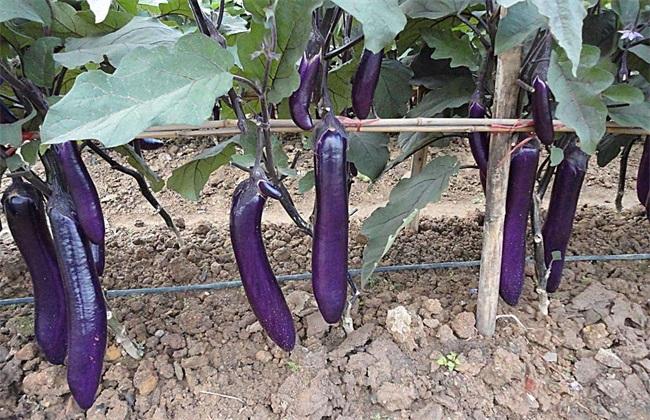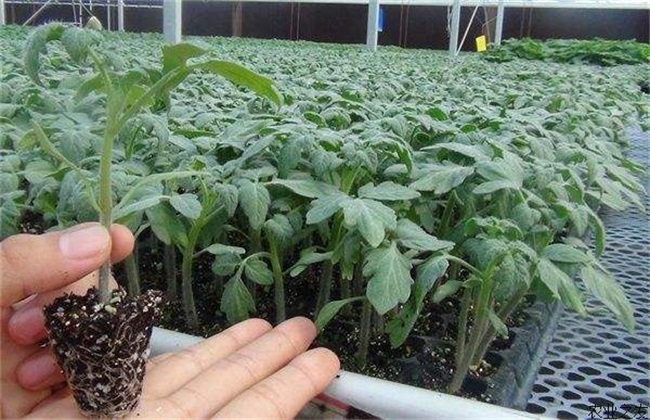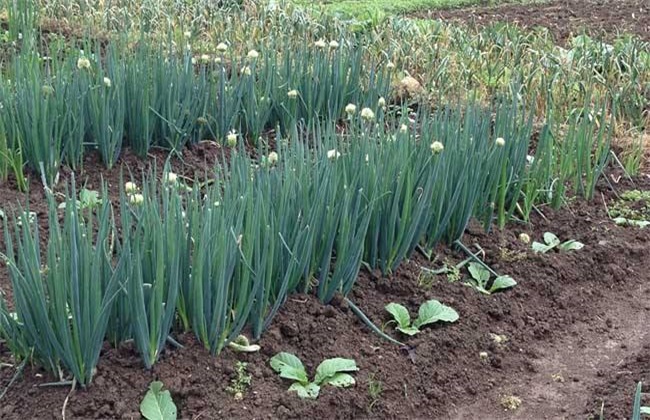Eggplant fertilizer considerations
Eggplant is a kind of vegetable that many people like very much. In our country, the family planting area and scale planting area are very large. When planting eggplant, watering and fertilizing is very important. If eggplant does not absorb enough water and nutrients, it will have a great impact on the yield and quality of eggplant. However, there are many things we need to pay attention to when fertilizing, so let's take a look at the eggplant fertilization notes with Xiaobian.

1. Pay attention to the amount of nitrogen fertilizer applied
Although the demand for nitrogen fertilizer in the growth process of eggplant is relatively large, we should pay attention to the principle of small amount and more application when applying nitrogen fertilizer. Each time when applying urea and other nitrogen fertilizer, the amount should not exceed 30kg. Because urea can be easily transformed after it enters the soil. After the eggplant absorbs enough nitrogen, other excess nitrogen will be fixed by the soil. Especially in sandy soil and other soils with good permeability, the proportion of nitrogen loss will be greater.
And if too much nitrogen fertilizer is applied, it will have a great impact on the growth of eggplant. Nitrogen fertilizer will produce a large amount of ammonia, resulting in air damage to eggplant plants, leaves, fruits and other organs cultivated in protected areas. In addition, if there are too many nutrients, then eggplant is prone to cell division, leading to plant growth, resulting in deformed fruit, rotten fruit and so on. Therefore, when we apply fertilizer, we should pay attention to control the amount of nitrogen fertilizer, never apply too much.
2. Fertilizer should not be flushed with water.
When applying fertilizer, many people are used to applying fertilizer in combination with watering work. Although this method is relatively common, it is not suitable for us to use in hot seasons such as summer. Because in the high temperature environment, if the chemical fertilizer is applied, then the chemical fertilizer will produce a lot of ammonia, which will not only reduce the fertilizer efficiency, but also easily lead to eggplant ammonia poisoning. Therefore, when we apply fertilizer, we should adopt ditch application, hole application and other fertilization methods, pour appropriate amount of water after application, and cover the soil around 5cm after topdressing to avoid excessive volatilization of chemical fertilizer.
3. Pay attention to the proportion of fertilizer nutrition.
Although eggplant has the greatest demand for nitrogen fertilizer in the process of growth. However, we can not ignore the application of phosphorus and potassium fertilizer, and we can not apply nitrogen fertilizer alone. After the eggplant enters the full fruit stage, the three-element compound fertilizer should be applied twice or so. The dosage was kept at 40kg/ mu. Provide adequate nutrition for the growth of eggplant. However, in the later stage of eggplant growth, it is also necessary to control the amount of phosphate fertilizer. Prevent excessive phosphate fertilizer, lead to over-development of fruit seeds, cause seed coat hardening, and reduce the edible value of eggplant.
The above is a brief introduction to the matters needing attention in eggplant fertilization. That's all for today's introduction. This article is for reference only. I hope it can help you all.
Related
- Where is it suitable to grow horseradish in China? it is expected to see the middle altitude horseradish in Alishan.
- How to prevent tomato virus disease reasonably? (Control methods included)
- Many people like to plant towel gourd on the balcony. What are the main points of this method and management?
- What crops can chili peppers be mixed with?
- Fertilization techniques and matters needing attention in Tomato
- What are the grafting techniques for peach seedlings in spring?
- Harm and control methods of root swelling disease of Chinese cabbage
- What are the pests of sweet potatoes? How to prevent and cure it?
- Symptoms, causes and Control methods of navel Rot in Tomato
- The cause of "Cucumber rotten bibcock" in Farmers' planting Cucumber and its Control Plan



